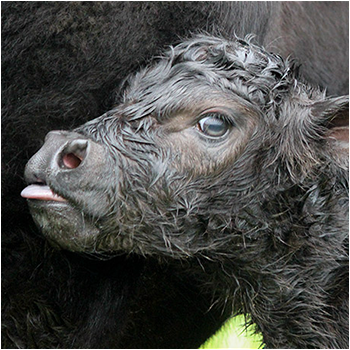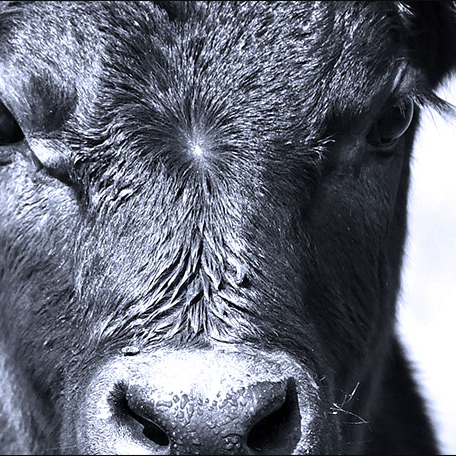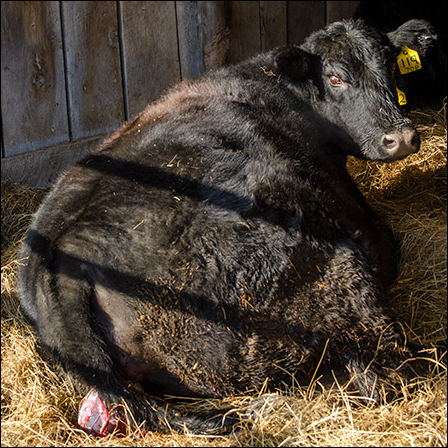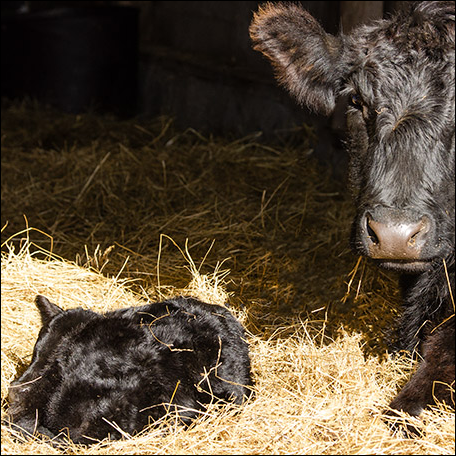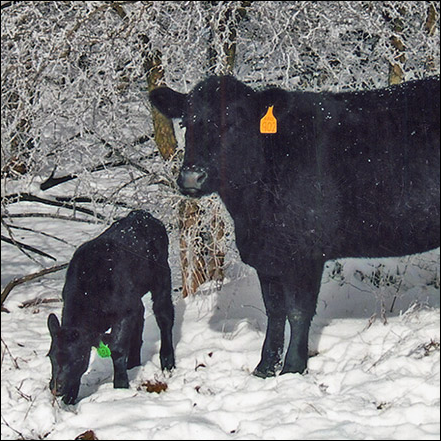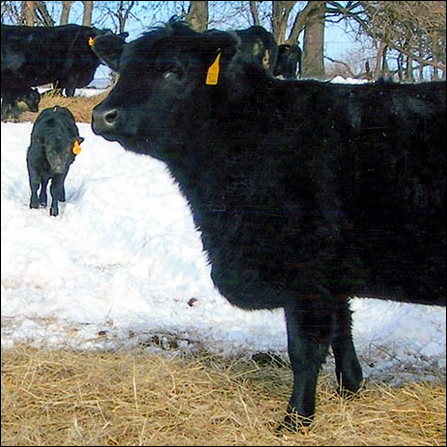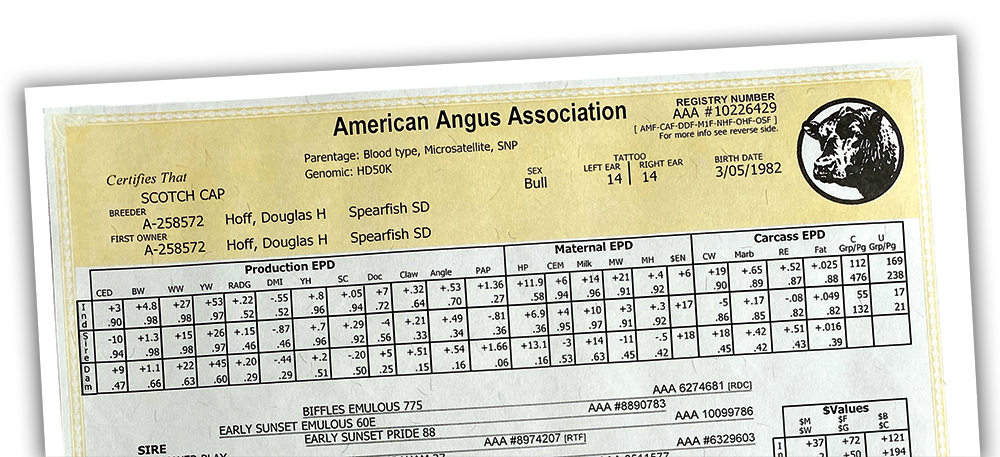

Common Ground
Genetic risk management.
The cattle industry, and all of agriculture for that matter, is loaded with risk. For someone who is risk-averse, farming and ranching definitely isn’t a very good career choice.
Of course, it starts with Mother Nature. Floods, droughts, blizzards and fires are all factors we acknowledge have huge effects on the business, but there’s little we can do to control them.
Then, there is market risk. With an ever-increasing global marketplace, commodity prices can rise and fall on factors and events a long way from our operations. These market movements affect both the price we get and the costs of our feed and other inputs. Risk management strategies can be used, but they probably offer limited protection for most cow-calf producers.
Within your control
So, with extreme weather and market risk, what can you do to reduce financial exposure in your business? I might suggest genetics can be a powerful risk management tool, even though we typically don’t think of genetics that way.
The investment you make in your next herd bull purchase is an investment that will yield a return for years to come. Reducing problems with calving is not only a convenience and labor issue, it’s definitely one with significant financial ramifications.
The ability of those calves to grow quickly and efficiently has an obvious effect on pounds sold, not to mention the price per pound you receive. Additionally, if heifers are going to be retained in the herd, the influence of that new bull purchase will be with you for a very long time.
With all of the variables and risks inherent in the cattle business, it seems wise to focus on the things we can control. Your genetic investment is definitely one of those management decisions.
Backed by the paper
Registered Angus breeders have worked diligently for decades to produce seedstock that solve problems and make money for you, their commercial customers. Their cattle are backed by a “title,” if you will, that ensures confidence in the pedigree. It unlocks opportunities with programs like AngusLinkSM that are transforming the way we market feeder cattle.
Registered Angus cattle, and their genetic predictions, are validated by more than 30 million data points. You can be confident in your genetic investment that comes with a registration paper.
Buying a bull without the power and predictability that comes with the registration paper is introducing risk into your business. I think most would agree, cattlemen already have enough risk and uncertainty without adding more.
